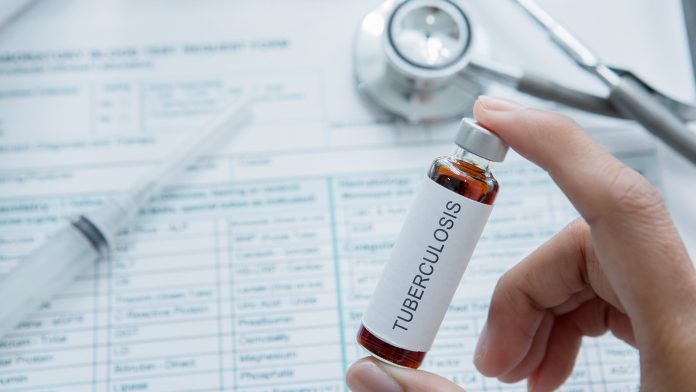
The TB vaccine does not protect the elderly against disease symptoms caused by COVID-19, according to researchers in the Netherlands.
These findings come from a BCG-PRIME study which was initiated at the beginning of the COVID-19 pandemic when no vaccines were available. The TB vaccine study was designed and conducted in 20 Dutch hospitals and was led by UMC Utrecht.
The results of the study have been published in Clinical Microbiology and Infection.
The TB vaccine can protect the immune system
In the early stages of the pandemic, there was a significant need for a vaccine that could protect against infection, especially for older people with comorbidities. Some researchers speculated that the Bacillus Calmette-Guérin (BCG) vaccine, a type of TB vaccine, could be effective against COVID-19.
This TB vaccine is the most widely used vaccine in the world. The vaccine also induces a defence through the innate immune system that is effective against more than just TB. Several small studies have indicated that the TB vaccine could protect elderly people from respiratory infections, particularly those of a viral origin.
This hypothesis encouraged researchers to launch a large, well-controlled study that could provide a definitive answer to the question.
“The analysis showed that disease manifestations of COVID-19 occurred as frequently in elderly people with co-morbidities who had received the BCG vaccine (129 out of 3,058 participants) as in those who had received a placebo (115 out of 3,054 participants). We also found no difference between the two groups in terms of the number of hospitalisations due to COVID-19, the number of respiratory infections requiring medical treatment, the number of serious adverse events and mortality,” said investigator and first author of the article Eva Koekenbier.
The study was especially efficient
“Despite the fact that the outcome of our study was disappointing, we can be proud of the fact that we were able to successfully design and conduct the study – the largest to date on this topic – in a very short time and under great pressure,” said study lead Professor Marc Bonten.
A total of 6,112 elderly participants with co-morbidities were involved in the study. Patients were recruited through hospital wards, outpatient clinics and anticoagulation services. The participants were monitored for six months after being vaccinated at their own hospital. The study’s two primary endpoints were: a) the number of cases of proven COVID-19, and b) the number of cases of respiratory tract infections for which medical treatment took place.
“After only four months, we were able to conclude from a preliminary analysis that there was no major protective effect, which is certainly of interest for future studies. Furthermore, this study is an excellent example of a special collaboration in which the clinical trial infrastructure at the UMCs, the SANTEON hospitals and a number of other hospitals was efficiently used in order to scale up quickly, and allowing us to vaccinate the required number of participants in the shortest possible time,” concluded Professor Bonten.










